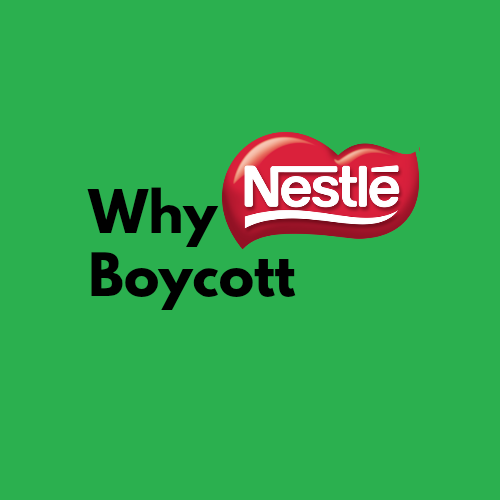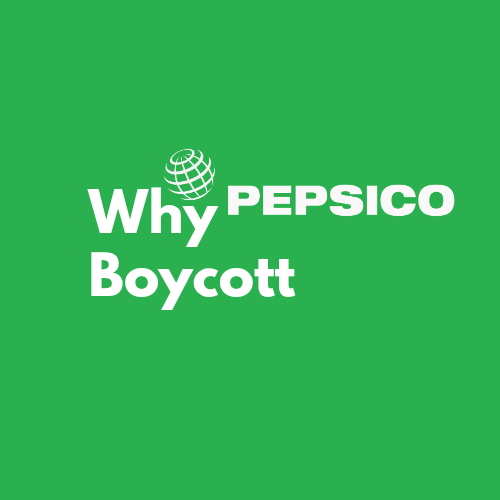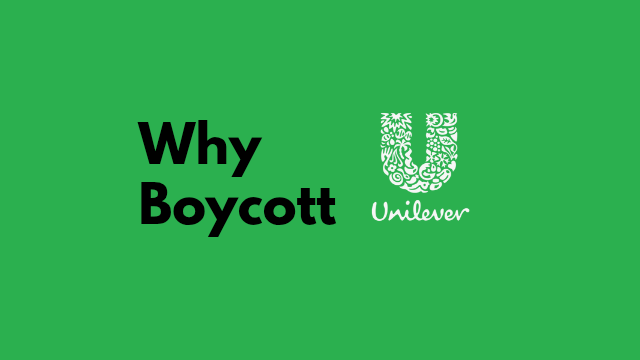Why Boycott Nestlé?
Nestlé, one of the world’s largest food and beverage companies, has been under scrutiny and criticism for several years due to its alleged ties to Israel. Amid rising global concern over human rights violations in Palestine, a growing movement is urging consumers to boycott companies that are believed to support the Israeli government — Nestlé being one of the most prominent on the list.
This article explores the reasons behind the boycott call, the nature of Nestlé’s involvement in Israel, and what critics and supporters have to say about the issue.
Nestlé’s Ties with Israel
Nestlé’s presence in Israel dates back several decades. It has invested significantly in the country and has partnerships with local companies. One of the key reasons critics target Nestlé is due to its direct financial investments in Israeli businesses.
Key Facts:
- In 1998, Nestlé purchased a 51% stake in Osem, a major Israeli food manufacturer. By 2016, Nestlé had acquired full ownership of Osem, making it a wholly-owned subsidiary.
🔗 Source – Reuters
The Boycott, Divestment, and Sanctions (BDS) Movement
The global BDS movement urges individuals and institutions to boycott companies that support or profit from the Israeli occupation. Nestlé is frequently listed among companies to avoid due to its deep economic ties with Israel.
Why Nestlé Is Targeted:
- Economic normalization: Critics say Nestlé’s investments help normalize and economically empower the Israeli state, despite its alleged human rights violations.
- Supply chain concerns: Some of Nestlé’s products are believed to be manufactured in facilities within or near Israeli settlements, which are often built on confiscated Palestinian land.
🔗 Official BDS Movement Position on Nestlé
Human Rights Allegations
In addition to the Israeli connection, Nestlé has faced widespread criticism for various unethical business practices globally. While these are not directly tied to the Israeli issue, they fuel the public’s willingness to boycott the company:
- Child labor in cocoa production
- Exploiting water resources in developing countries
- Aggressive marketing of infant formula in impoverished regions
These issues compound concerns that Nestlé operates with little regard for ethical or humanitarian standards, making it a recurring target for global activism.
🔗 Amnesty International – Nestlé and Child Labor
Public Sentiment and Global Response
Many Muslim-majority countries and pro-Palestinian groups around the world have organized boycott campaigns against Nestlé. Social media is a powerful tool for spreading awareness, and hashtags like #BoycottNestle and #FreePalestine frequently trend in protest of the company’s operations.
Additionally, several consumer watchdog groups have developed apps and plugins that identify Israeli-affiliated products, helping consumers avoid brands like Nestlé.
Nestlé’s Response
Nestlé generally maintains that its investments are purely business-oriented and not political. The company emphasizes that it operates in over 190 countries and does not take political sides.
Despite this, activists argue that “business as usual” cannot be justified when it financially supports a state accused of systemic oppression.
What Products to Avoid?
If you’re considering boycotting Nestlé, here are some popular brands under its umbrella:
- Nescafé
- KitKat
- Maggi
- Pure Life Water
- Coffee-Mate
- Milo
- Cerelac
- Gerber
- Nestea
Alternatives to Nestlé Products
Boycotting doesn’t mean inconvenience. Numerous ethical and local brands offer great alternatives:
- Instead of Nescafé, try locally-roasted coffee brands.
- Use homemade spice blends or local brands instead of Maggi.
- Replace Nestlé bottled water with locally-sourced or filtered water.
Support brands that prioritize fair trade, ethical labor, and sustainable sourcing.
Conclusion
The call to boycott Nestlé is rooted in a broader struggle for human rights and accountability. While Nestlé may argue that its actions are purely commercial, critics believe that investing in a state accused of apartheid and occupation is inherently political.
By boycotting Nestlé, consumers are making a moral and political statement — one that demands justice, dignity, and freedom for the Palestinian people.


